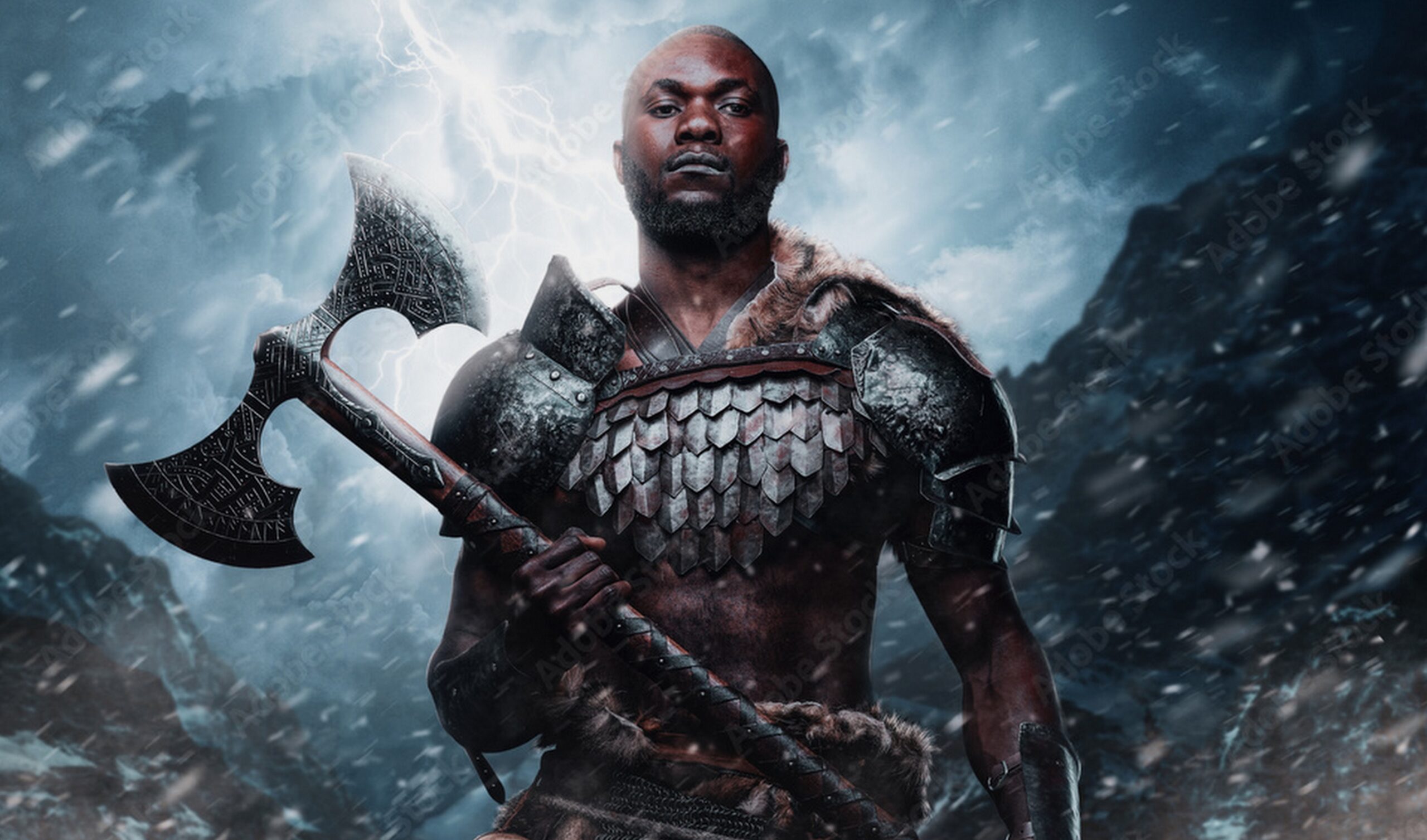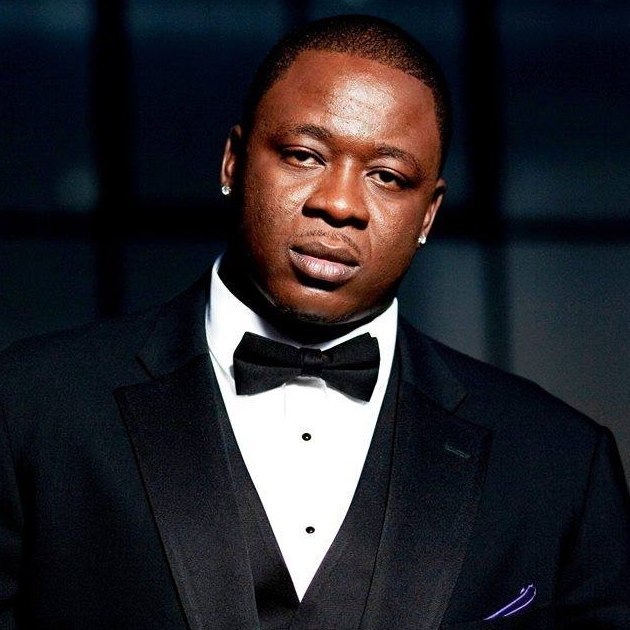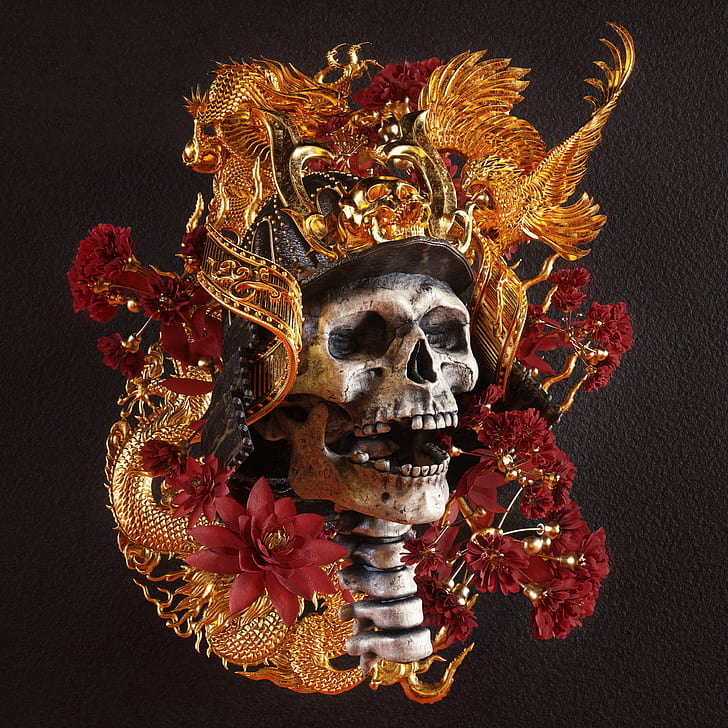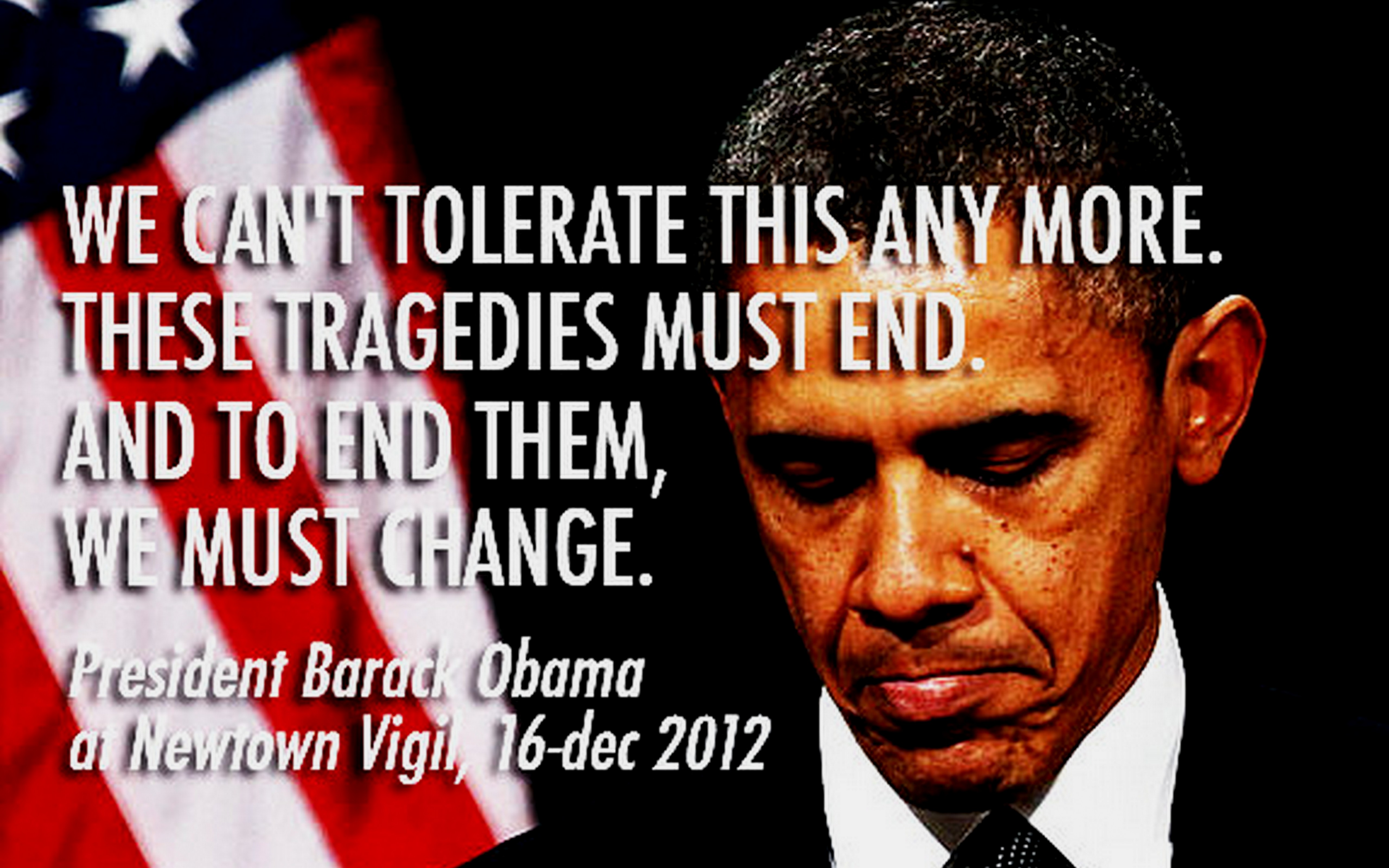It’s mesmerizing to see how persuasive Hip Hop has become. Looking back at the beginning of my journey in this Kulture, I remember the days when Rock ‘N’ Roll and Country music cultures ruled the day. Understand me. I long for rappers to become the anchors for morality again. It’s so bad that I no longer call myself a rapper. In my book, there is a difference between a rapper and an emcee. As an emcee, I consider myself a recording artist. My talents enable me to create music as a historically and politically accurate expression for myself and like-minded audiences that respect this art form.
Heterosexual men who protect the dignity of womanhood…
Emcees do not glorify a violent gang culture, black-on-black crimes, or misogyny. Yes, we used racial, misogynist, and homophobic slurs in phrases of endearment but weren’t homophobic, if that makes sense. And, of course, we were anything but misogynistic. We are heterosexual men who protect the dignity of womanhood, as is reflected in how we esteem our mothers, sisters, female family members, or romantic partners. Our charismatic point of view was that of someone born as a product of injustices. Blame slavery, colonization, racism, systemic racial discrimination, and financial disenfranchisement.
Our rags-to-riches story wasn’t about extravagant materialism but about escaping imposed poverty. Great importance was attached to self-worth as in our original state of family, community, culture, and traditions (in Africa) before the Arabs, Europeans, and North Americans enslaved our ancestors. For myself and millions of others worldwide, Hip Hop is liberating. We reject the idea of racial inferiority, and Hip Hop Kulture gave us a vision and a way to regain our self-esteem and human dignity by bringing us access to education, high-quality romantic partners, and resources to build generational wealth.
The keywords are esteem and resources, which makes the story interesting from a geopolitical point of view. It’s fascinating how Hip Hop reflects this essence as music and culture. Merriam-Webster says geopolitics is the “study of the influence of such factors as geography, economics, and demography on the politics and especially a state’s foreign policy.” Hip Hop embodies that. Today, rapping has developed into one of the most successful careers. It’s a quick way to go from rags to riches, but unfortunately, because the Kulture is predominantly African, some see it as a threat to white supremacy.
Northern and Eastern Europe, Canada, and Australia…
Britannica defines white supremacy as “beliefs and ideas asserting a natural superiority of the fair-skinned or ‘white’ human races over other racial groups.” This belief is widespread through slavery and colonization. I divide this into three areas. 1. The United States, 2. Europe, and 3. Canada and Australia. Slavery and colonization were a coordinated effort, with many countries, for example, in Northern and Eastern Europe, Canada, and Australia, playing a supportive role to the leading countries, namely the United States, Great Britain, Germany, Portugal, Italy, Spain, France, Belgium, and the Netherlands.
One of the goals of slavery and colonization was to divert labor, natural and mineral resources. They took them from Africa and India to continents that historically practiced white supremacy. That makes Hip Hop a significant target for such a mentality. Its Kulture produces talented people who become independent entrepreneurs despite their racial demography. That facilitates status and wealth from the resources white supremacists had blocked access to. Hip Hop music and Kulture bridges the gap created by bigotry, small-mindedness, and systemic disenfranchisement regardless of geography or caste scheme.
In today’s terms, Hip Hop can translate into economics, science, engineering, mathematics, computer science, and politics. It brings people of minority descent to the closed-off business networks of renewable energy, education, medicine, philosophy, and other significant pillars of modern society. Look at how the access Hip Hop grants people of African descent can impact the global caste system. We can see that it promotes Black survival through marriage, status, and numerous lucrative business possibilities. The globalization of this Kulture is so profound that it ranks on a governmental level.
Therefore, in its most premature conception, without political influence, the organization of a global Hip Hop entrepreneurship resembles organized crime. That brings emcees face-to-face with international foreign policy. But suddenly, the emcee disappeared, and the rapper emerged. Gang wars, debauchery, and materialism became so rampant they taint our intellectual property. For the past decade, the funeral of several high-profile rappers (a year) has become desensitized. The death and incarceration rate among rappers has risen so high that being a rapper has become the most dangerous profession.*







